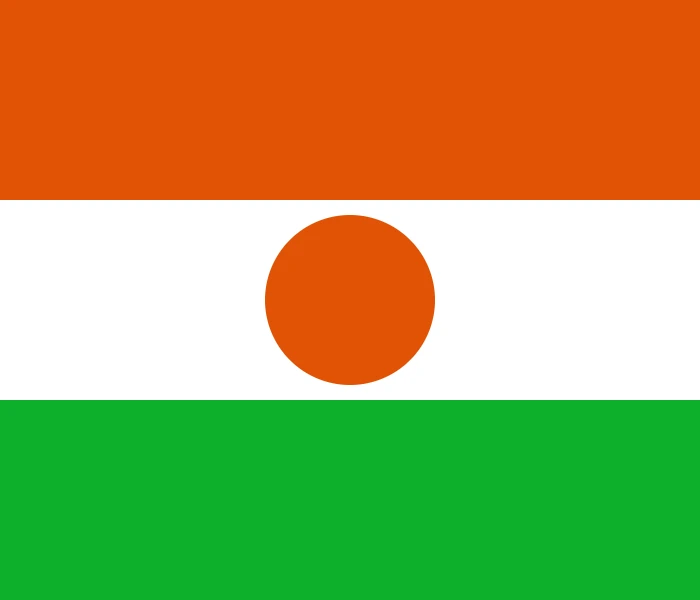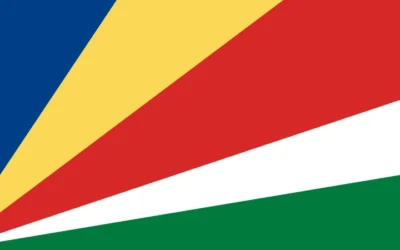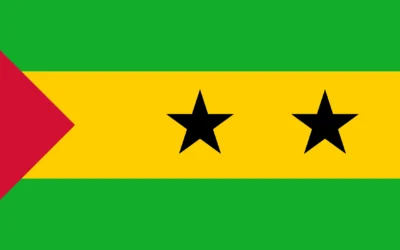Niger Travel Guide
Discover Why You Should Visit Niger
Why Visit Niger?
Niger is a landlocked country in West Africa known for its vast desert landscapes, traditional nomadic cultures, and rich historical heritage. Though often overlooked, it offers a raw and authentic travel experience for adventurous travelers.
Home to parts of the Sahara Desert, ancient caravan towns, and vibrant ethnic groups such as the Tuareg and Hausa, Niger is an ideal destination for those seeking cultural immersion and natural beauty.
Ideal for: Cultural explorers, desert adventurers, history lovers, and anthropologists.
Must-Know Facts
Capital/Major City: Niamey
Language(s): French (official), Hausa, Zarma, and other local languages
Currency: West African CFA Franc (XOF)
Best Time to Visit: November to February (cooler dry season)
Fun Fact: The historic city of Agadez served as a key stop on ancient trans-Saharan trade routes.
Top Things to Do
Explore the Grand Mosque and National Museum in Niamey
Visit the historic mud-brick city of Agadez and its iconic mosque
Experience the Cure Salée festival, a major Tuareg and Wodaabe cultural gathering
Trek through the Air Mountains and see ancient rock engravings
Take a camel ride across the dunes of the Ténéré Desert
Local Culture & Lifestyle
Niger is a culturally diverse country with strong traditions in oral storytelling, music, and craftsmanship. Each ethnic group maintains distinct customs, clothing, and ways of life.
The Tuareg are known for their indigo robes and silver jewelry, while Hausa architecture and social customs shape much of the southern regions.
Nomadic and semi-nomadic lifestyles still exist in many parts of the country.
Food & Drink Highlights
Street Food: Brochettes (meat skewers), fried millet cakes, spicy rice and beans
Restaurants: La Cabane and Chez Chin in Niamey, local maquis (small eateries)
Drinks: Zobo (hibiscus tea), ginger juice, millet beer, yogurt drinks
Desserts: Millet porridge with honey, dates, and sweet fried snacks
Main Dish & Culinary Symbols
Signature Dish: Dambou – a savory dish made with millet or rice, vegetables, spices, and occasionally meat or fish
Common Ingredients: Millet, sorghum, beans, tomatoes, onions, dried fish
Culinary Culture: Meals are typically communal and based on grains, with stews or sauces. Hands are used for eating in traditional households.
Symbols & Icons of the Area
Natural Icons: Ténéré Desert, Air Mountains, Niger River
Cultural Icons: Tuareg caravans, indigo turbans, leatherwork, traditional mud mosques
Hidden Gems & Off-the-Beaten-Path
The Oasis town of Bilma, known for traditional salt mining
Djado Plateau ruins, ancient Saharan settlements and fortresses
Termit Massif, a protected natural and archaeological area
Shopping & Souvenirs
What to Buy: Tuareg silver jewelry, leather bags, woven mats, carved calabashes
Where to Shop: Niamey Grand Market, Agadez artisan cooperatives, roadside stalls along trade routes
Getting Around
Public Transport: Shared taxis and long-distance buses are available but may be infrequent
Car Rentals: Necessary for travel to remote desert areas, ideally with a guide or driver
Tip: Travel permits are required for certain desert regions due to security protocols
Walkability: Moderate in towns and city centers like Niamey and Agadez
Travel Tips
French is widely spoken, but basic greetings in Hausa or Zarma are appreciated
Travelers should check current safety conditions before visiting remote areas
Modest dress is recommended due to the conservative culture
Carry cash, as card payments are rare outside major hotels
Where to Stay
Budget: Auberge Gamkallé (Niamey), guesthouses in Agadez
Mid-range: Hôtel Terminus, Hôtel Gaweye
Luxury: Bravia Hotel Niamey, options are limited but expanding
Unique: Desert camps or traditional Tuareg accommodations in nomadic zones
Sample 4-Day Itinerary
Day 1: Arrive in Niamey, visit the National Museum and city market
Day 2: Fly or drive to Agadez, explore the historic center and mosque
Day 3: Take a guided tour into the Ténéré Desert or visit the Air Mountains
Day 4: Return to Niamey or extend to local villages for cultural immersion






0 Comments